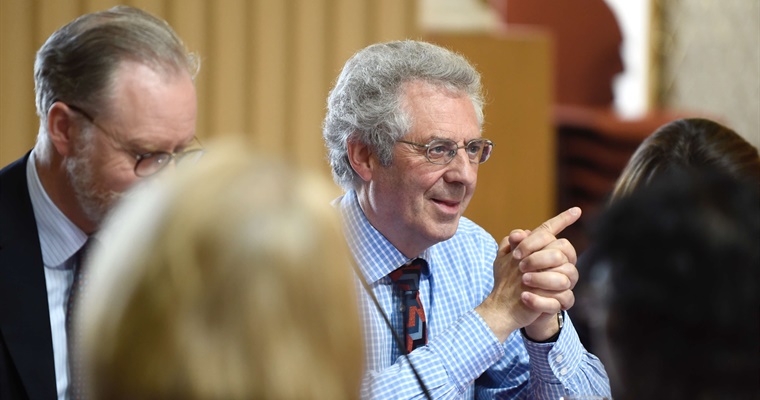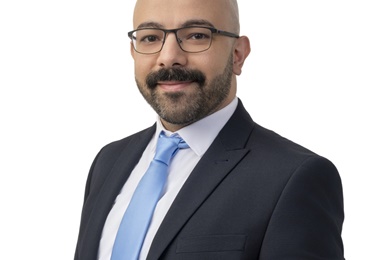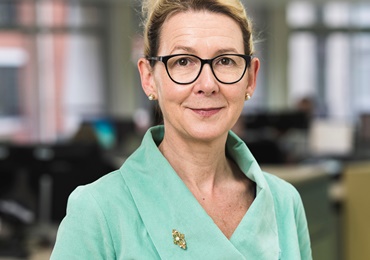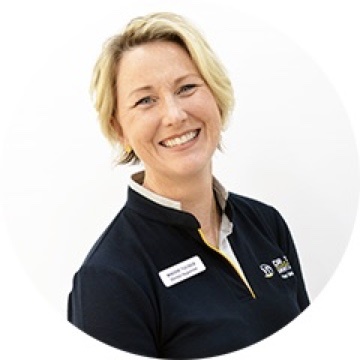Bill Moyes' post-December Council blog

Our final Council meeting for 2019 had a particularly full agenda, and there was much for Council colleagues to discuss, both regarding work that had been completed as well as approving activities that will be started in 2020. I will talk more about some
of these discussions later in this blog, however I wanted to start by saying how pleased I am that we published our new corporate strategy for 2020-2022 - Right Time. Right Place. Right-touch. - at the end of November. This sets out our programme of work for the next three years, and I believe shows how
we will continue to improve our approach to achieving our statutory responsibilities of protecting the public and maintaining public confidence in dental services.
As I said last week’s Council had a full agenda, so I’ve summarised some of the key discussions that we had, that I hope may be of most interest to you.
We know that registrants have, for some time, been asking us to consider introducing payments by instalments for the Annual Retention Fee (ARF). Following the completion of some initial work on the feasibility and viability of this, we have agreed to
appoint an external expert to take this to the next stage; to provide us with the assurance that this is something that we could and should implement. We anticipate that this work will take around six months once we have gone through our procurement
processes.
It is Council’s ambition to progress; however we need to ensure that it is operationally feasible, is affordable for registrants, is financially viable, and that we have a clear understanding around what we do when individuals default on their instalment payment, and particularly what impact that will have on patient safety. Work will start on this in early 2020 and I anticipate we will be able to report on progress later in the year.
It is Council’s ambition to progress; however we need to ensure that it is operationally feasible, is affordable for registrants, is financially viable, and that we have a clear understanding around what we do when individuals default on their instalment payment, and particularly what impact that will have on patient safety. Work will start on this in early 2020 and I anticipate we will be able to report on progress later in the year.
As the final piece in our fee-setting policy, which we consulted on last year, we will be introducing registration application fees for first registration, from 1 January 2020.
These fees are being brought in to cover the costs relating to processing and assessing applications, which are currently met by existing registered dental professionals. This change removes this cross-subsidy, in line with our policy to do this,
wherever practicable. It has also contributed to the reduced ARF which was announced in October.
These new registration application fees are made up of two parts; a flat rate to cover processing costs, and a variable rate to cover the costs of assessing the type of application received. This variable element results in six bands of fee, depending of the complexity of the assessment and route to registration. If you have a qualification from a UK provider, which is by far the largest group of applications we receive, you will pay the processing fee only, which will be £22.95.
These new registration application fees are made up of two parts; a flat rate to cover processing costs, and a variable rate to cover the costs of assessing the type of application received. This variable element results in six bands of fee, depending of the complexity of the assessment and route to registration. If you have a qualification from a UK provider, which is by far the largest group of applications we receive, you will pay the processing fee only, which will be £22.95.
For some time, we have been considering how we can more clearly separate our adjudications activities from the GDC’s investigation and prosecution functions, so that it is seen to be more independent and autonomous. Although more formal separation
of our adjudications function will not be possible without legislative change, we want to do what we can to further strengthen the separation of adjudications and hearings from our other functions.
To that end Council have agreed that the necessary work can be started. It will take some time to make these changes, which will include reviewing the functions that we do, the development of a new website for the adjudications function, and the appointment of a new chair who will be judicially qualified.
Council also approved several publications that will be disseminated shortly. These included our ‘Education Review’, the outcome report to the consultation on the ‘Principles of specialist listing’, new guidance on the process
for approval of dental specialty curriculum and the results from the public and patient survey on key issues relating to dentistry and how the professions are regulated.
Finally, I would like to say thank you - to the GDC staff who have worked tirelessly to deliver our ambitious improvement programme; to associates who work with the GDC to deliver much of our work; and to you for helping to shape and deliver our
improvement programme.
The Council and I look forward to continuing to work with you in 2020.
 eGDC
eGDC

















